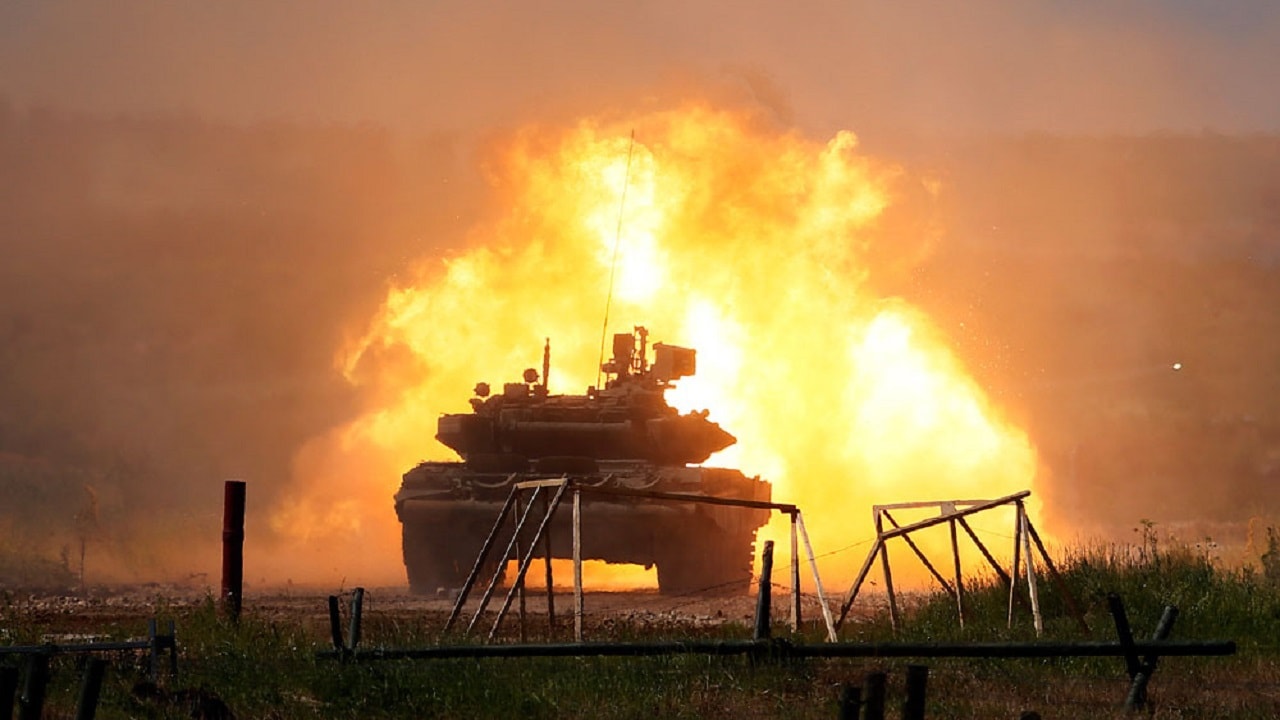As winter sets in, the fighting in Ukraine will slow. Both sides will use the downtime to resupply and refit for next year’s warm weather fighting season. So this is an excellent time to take stock of where the conflict stands after ten months and look for larger trends above the ebb and flow of the frontlines.
Four major geopolitical takeaways stand out:
Russian Decline
No matter how the war unfolds in the next year or two (and it looks set to drag on), Russian power has been badly reduced.
Russian President Vladimir Putin planned a short war that would illustrate Russian military might and bolster his country’s claim to sit at the high table of world politics, despite a corrupted economy too small for a great power.
Instead, Putin has stumbled into a quagmire akin to the Soviet war in Afghanistan in the 1980s or the American war in Vietnam.
America’s quagmires, such as the Iraq counterinsurgency, were costly and domestically disruptive, but enormous size of the US economy and the popular legitimacy of its democratic system insured that American could wind down its losing wars without a massive rupture.
Russia does not have this luxury. Its economy is 7% of the size of America’s; to fight a long war will be profoundly economically disruptive. And Putin’s dictatorship is fundamentally unstable. Putin is vulnerable to a coup if he does not win his war of choice in Ukraine.
More broadly, Russia’s poor performance in the war abolishes the myth of Russian military modernization – that despite its shaky economy, Russia is still a great power because of its military prowess. This is no longer credible; Russia is losing to a country whose military no one took seriously a year ago. Russia’s economy is only in the world’s top twenty now, and the war-related sanctions will shrink it out of the group in a year or so.
In short, neither Russia’s economic capacity nor its military capabilities justify calling Russia a great power anymore.
Ukraine’s Rise
Just about everyone thought the Russians would roll over Ukraine. Early western discussion focused on whether we should support an insurgency there against the victorious Russians. Yet by the late spring, it was apparent there was no blitzkrieg victory to be had. Ukraine would survive as a sovereign state even if Russia held some of its territories. And by the fall, opinion began to suggest that Ukraine was actually winning and that Putin might use a nuclear weapon in desperation.
It is worth remembering in hindsight how remarkable this is. Putin expected to win his war in a week. Western opinion concurred. Few observers knew anything about Ukraine, much less the Ukrainian military.
Yet Ukraine is now on course to win the war; even re-taking Crimea from Russia is a genuine possibility. Although Ukraine’s economy is being wrecked by the conflict, the country will emerge with arguably the finest ground force in Europe, an achievement no one foresaw in January.
If Russia is on the downward cusp of becoming a middle power, Ukraine is on the upward cusp.
NATO is Back
Yet another remarkable geopolitical outcome is the rejuvenation of NATO.
For years after the Cold War, NATO drifted. It never quite broke up, if only because its European members liked the US security umbrella. But it lacked a clear strategic purpose. It tried to find that in out-of-area deployments during the war on terror.
But few members like these deployments. Nor did they go particularly well – no one really knew what ‘winning’ the war on terror meant. And it all ended with an unsatisfying whimper in Afghanistan in 2021.
Russia’s invasion of Ukraine ended this malaise. Years of Putin’s vague threats and belligerence suddenly became concrete. NATO members like Germany and Italy who had tried to engage Putin could no longer avoid the long-standing Russian neo-imperialist fears of the alliance’ eastern members. The United States too, after the confusion about NATO during the Donald Trump presidency, re-engaged. The alliance also brought in two new members and has sought to build bridges to Asian democracies concerned about China.
So long as Putin remains in power, this new community spirit in NATO will remain.
There is no ‘Ukraine Model’
February’s declaration of alignment between Putin and Chinese President Xi Jinping unnerved small states everywhere.
It appeared that China was endorsing Putin’s Ukraine invasion, and indeed, China has stood behind Russia throughout the war. Taiwan particularly feared that Putin was creating a ‘model’ by which a large autocracy neighboring a small democracy might use territorial and cultural grievances to justify an invasion.
This may indeed be what China was hoping. Xi’s rhetoric on Taiwan is tougher than that of his predecessors. But the ‘model’ has gone badly awry. Russia has found the absorbing a patriotic people committed to defending their sovereignty is far harder than expected. Also, Western unity behind Ukraine has not cracked, as Putin apparently expected, under the pressure of nuclear threats and rising fuel costs. And Western sanctions on Russia have also been tougher than Putin likely expected.
This does not mean China will desist from attacking Taiwan. But it should at least give it pause that it will not be easy or quick.
These are all positive trends for democracy. Ukraine’s pain has been enormous, but it is defending democracy and demonstrating that autocracy is not stronger than open societies. Let us hope, then, in the new year, that it continues its successful counteroffensive against imperialist aggression.
Expert Biography: Dr. Robert E. Kelly (@Robert_E_Kelly; RoberEdwinKelly.com) is a professor in the Department of Political Science at Pusan National University and 19FortyFive Contributing Editor.

